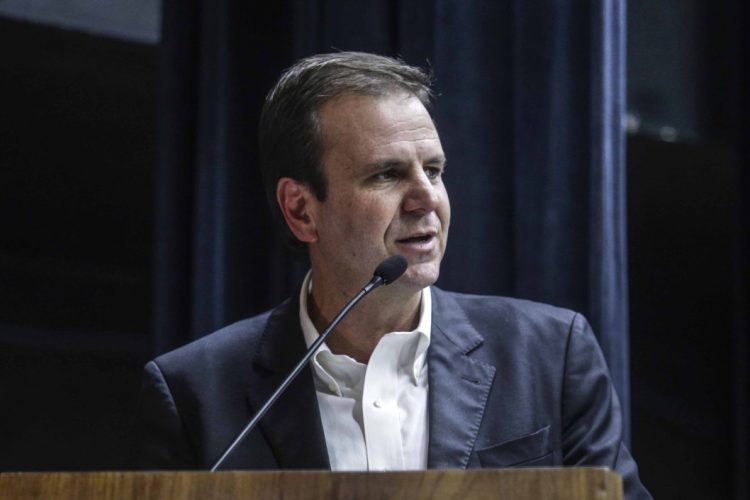
The Virtue of Nationalism (Updated Edition)
By Yoram Hazony, Basic Liberty,
311 pp., $19.99
Although this development is not likely to happen, Daniel McCarthy states in the National Interest that Yoram Hazony’s The Virtue of Nationalism “should cause liberals to rethink their repugnance for nationalism.” Hazony explains in meticulous detail why national identity and national states are essential for freedom and true self-government. The author makes his case clearly and dispassionately and shows why the globalist and multicultural alternatives being pushed by our ruling class are total dead ends for those who wish to live in a free society. If I were writing such a masterpiece myself, I might have devoted some space to Hegel’s praise for the constitutional state that the philosopher saw emerging in early 19th-century Europe. Hegel regarded this auspicious development as the final stage of the World Spirit’s journey through human history.
But I won’t grouse about such omissions. Hazony’s main points are entirely correct: Popular self-government is inseparably bound up with national identity. There is a long history for this connection; and any attempt to substitute the union of democracy and nationalism for globalist, multicultural regimes has brought about a disastrous undoing of self-government. Hazony is also right to recognize the Anglo-Protestant foundations of the original American regime founded in the late 18th century, and his focus on Hebrew scripture as a source of Western national identities is entirely on the mark.
He makes references to the 18th-century Baltic German thinker J. G. Herder, a Lutheran pastor who denounced imperial governments as a “curse” and who defended the “national spirit Volksgeist” that animated historic peoples. Herder was among the first Christians to read the Old Testament mainly as the founding document of an historic nation, the ancient Hebrews. It requires absolutely no stretch of imagination to see what Hazony describes as “the Protestant order of Europe,” which now lies in shambles, as very much based on a notion of peoplehood going back to the Bible. The author is also correct that the abolition of national identities has gone together with the continued war against our cultural past.
From one of Hazony’s additions to the original edition of his book, it seems that he is reassuring his Catholic readers that he does not view nationalism and nation-states as a strictly Protestant thing. After all, the Poles and Irish have both been fiercely nationalistic but also devoutly Catholic. Further, if Protestants were habitual readers of the Old Testament, then Catholics as well as Protestants, Hazony tells us, encountered the same biblical passages at some point. Hazony believes the Catholic clergy were generally less inclined than the Protestant one to embrace national states because of their one-time “dream of a universal empire” founded on the papacy and Holy Roman Empire. This vision was drawn from the Romans and “dominated the political projects of dominant Catholic and ecclesial leaders for much of European history.” But this vision, Hazony believes, has long ceased to matter.
Arguably Protestantism did contribute more significantly than Catholicism to national consciousness in Western countries. The nationalists in 19th- and early 20th-century Hungary were (like Louis Kossuth and Ferenc Deak) predominantly members of Hungarian Protestant churches; Catholic Hungarians in the 19th century generally supported the Hapsburg empire and its rulers. Among Czech nationalists, Protestants, including Hussites, were disproportionately present from the early modern period on. In 19th-century Germany, Lutheranism and nationalism were indissolubly connected. One can go on belaboring the obvious here, but it seems hard to argue with what seems to me a likely correlation. Protestant national churches, vernacular translations of the Bible, and opposition to Catholic empires all fueled European nationalist movements.
Although national movements did develop in Catholic countries, sometimes—as in the cases of Italy, revolutionary France, and Ireland well into the 20th century—those causes flourished in opposition to the Church. Catholic nationalist movements did emerge in the late 19th and early 20th centuries, but these were mostly counterrevolutionary and clericalist in nature. I doubt these are the movements that Hazony has in mind in his book, although some of these counterrevolutionary coalitions, for example in Spain in the 1930s, may have been eminently defensible, considering what they were fighting against.
While the papacy declaimed against nationalist movements for centuries, Protestant reformers appealed to nationalist sentiment in carrying out their religious projects. In 16th-century Sweden, the Vasa dynasty quite deliberately appealed to Swedish national culture in enacting a Lutheran Reformation to the benefit of the monarchs. Obviously in the case of Holland Protestant belief brought together patriots against rule by Catholic Spain; moreover, an English national sense was aroused by opposition to both the Spaniards and the papacy. Please note that I’m not arguing that only Protestants could become nationalists; rather I’m stressing the tighter and more natural relationship between Protestantism and nationalism.
Subscribe Today
Get daily emails in your inbox
I’m also not suggesting that national state solutions are always the best ones in every situation. In Central and East-Central Europe in the 19th and early 20th century, the Catholic Habsburg Empire provided more benevolent rule than the national states that replaced it. Today it seems natural for me to support national states fighting against globalist tyranny. But I can’t say this political arrangement, however attractive it now seems, has always been the best one for all times and places.
Hazony attributes the First World War, which unfortunately did see an eruption of an expansive form of nationalism on both sides, to a pervasive imperialist spirit. Although undoubtedly true, the disruptive nationalism of the late 19th and early 20th centuries is not an argument against nation states as such.
The victors in the Great War did not blame that long, bloody conflict on nationhood, which they resoundingly affirmed at least for their side. The winners pinned the paternity for that cataclysm on autocratic, militaristic empires (that is, on the losers) and created even more nation-states, an enterprise that the losing German side had also briefly undertaken. In any case, the national principle was not defeated in the First World War, but had to wait for the post–Second World War era and the rise of globalist ideology to be rejected. This has been the work of our globalist, multicultural elites ruling over the remains of the civilization that gave birth to the nation-state as one of its many achievements.


